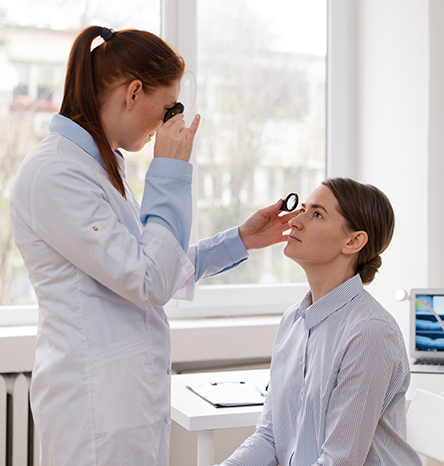Retina Management
Typically refers to medical services focused on the diagnosis, treatment, and ongoing care of conditions affecting the retina, a layer of tissue located at the back of the eye that is essential for vision. These services are often provided by ophthalmologists who specialize in retina-related conditions. Here are some key aspects of retina management:
- Diagnosis
- Treatment
- Monitoring and Follow-up Care
- Surgical Interventions

